View all Courses
Energy Conservation and Environmental Services
Certificate
Course Details
| Course Code | GA_ECESG_N09 |
|---|---|
| Level | 9 |
| Duration | 1 year |
| Credits | 15 |
| Method of Delivery | Blended |
| Campus Locations | Galway City – Dublin Road |
| Mode of Delivery | Part Time |

Course Overview
The programme aims to afford advanced experience and training to fulfil, in part, the onerous and challenging roles, duties and responsibilities associated with a limited range of Built Environment Regulations in the Irish Construction Industry.
This certificate is designed for a multidisciplinary cohort across the built environment disciplines e.g. Architecture, Engineering, Building Surveying, Architectural Technology, and Construction Management, among others. A multi-disciplinary cohort will be beneficial to the programme as it will provide a cross-pollination of ideas, shared experiences and appreciation for each others roles and responsibilities in the Built Environment.
The programme is designed to meet the postgraduate and continuing professional development needs of these disciplines, to develop competence in the specialist area of Energy Conservation and Environmental Services by facilitating knowledge gained through training and applied experience.
It will be particularly beneficial to new entrant graduates who have recently entered the work force in the last one to three years. It will also be beneficial to lifelong learners and more experienced professionals as Continuing Professional Development, up-skilling, retraining, and as a refresher course. Furthermore, the programme can be undertaken on a module-by-module basis, if so desired, by accumulating credits.
It will also be possible to complete the Certificate and/or Postgraduate Diploma and/or MSc in Built Environment Regulation at some point in the future. This flexibility is designed to accommodate an adult working population. The difference between this qualification and the Masters, Postgraduate Diploma, and Certificate in Built Environment Regulation is that there is no research capstone module requirement and only Technical Guidance Documents relevant to Energy Conservation and Environmental Services, along with the relevant Irish and/or British Standards are covered in the syllabus.
The Certificate in Energy Conservation and Environmental Services aims to address current building regulation requirements for nearly zero energy buildings and retrofit of existing housing stock. This is an area of upskilling which is in demand in the construction industry.
The objectives of the programme are:
To address the industry-led demand for regulatory knowledge, experience, and training in the areas of Energy Conservation and Environmental Services
To explore new buildings and buildings other than dwellings, to a building regulation compliance standard
To explore retrofit of existing buildings to a building regulation compliance standard.
Students can take the course part-time (1 year).
For more information see the programme brochure.
CPD Approved
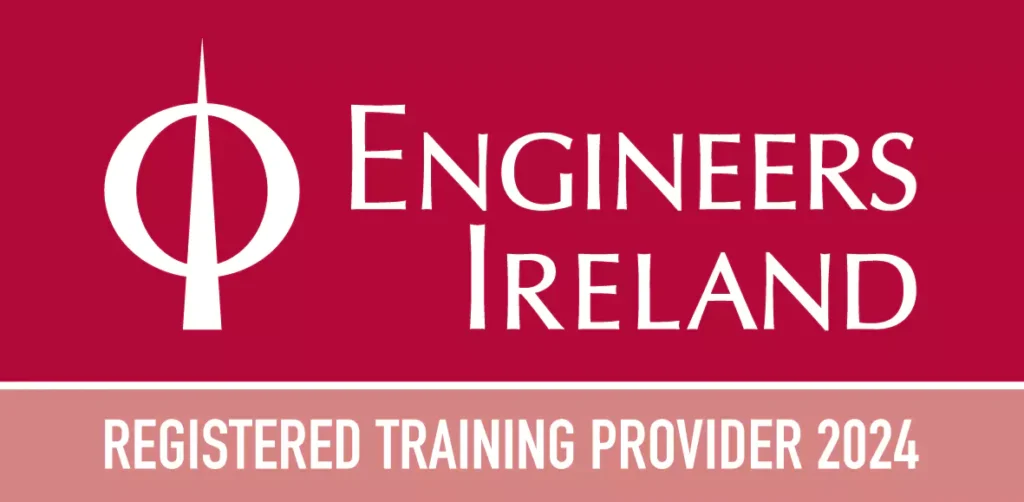
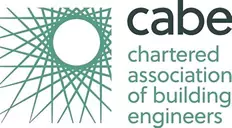
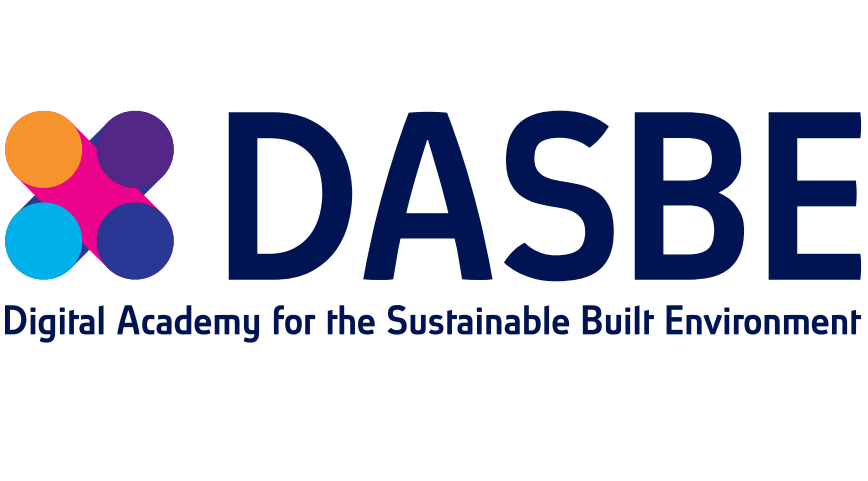
Course Details
Year 1
| Semester | Module Details | Credits | Mandatory / Elective |
|---|---|---|---|
| 1 |
Energy Conservation (Part L, F, J, C, D, Sustainability, and Circular Economy)This module aims to develop an in-depth knowledge, understanding and experience in Part L(Conservation of Fuel and Energy in Dwellings; Conservation of Fuel and Energy in Buildings Other than Dwellings), while incorporating aspects of Part C, Part, Part F and Part J, health and safety and circular economy. On completion of this module, learners should be able to demonstrate their understanding and application of Part L and demonstrate compliance in the building regulations. Learning Outcomes 1. Investigate, determine and inform their knowledge, skills and experience relating to Part L Conservation of Fuel and Energy for Dwellings (L1, L2 and L6),The European Union (Energy Performance of Buildings) Regulations 2019, Regulation 7 and 8, Supplementary Documents, Acceptable Construction Details, Dwelling Energy Assessment Procedure,Health and Safety and best practice requirementsin the Irish built environment, in areasonably practicable way. 2. Investigate, determine and inform their knowledge, skills and experience relating to Part L Conservation of Fuel and Energy for Buildings other than Dwellings (L1, L4and L5),Health and Safety and best practice requirementsin the Irish built environment, in areasonably practicable way. 3. Investigate, determine and inform their knowledge, skills and experience relating toPart CSite Preparation and Resistance to Moisture, including C3 Dangerous Substances, C4 Resistance to Weather and Ground Moisture andC5 Definitions, Health and Safety and best practice requirements in the Irish built environment, in a reasonably practicable way. 4. Investigate, determine and inform their knowledge, skills and experience relating toPart DMaterials and Workmanship, including D1 Materials and Workmanship, D3Definitions and Supplementary Documents, Health and Safety and best practice requirements in the Irish built environment, in a reasonably practicable way. 5. Investigate, determine and inform their knowledge, skills and experience relating toPart F Ventilation,F2 Condensation in Roofs, Health and Safety and best practice requirements in the Irish built environment, in a reasonably practicable way. 6. Exercise professional judgement in the implementation ofinquiry into sustainable material choices forthe circular economyindwellings and buildings other than dwellings inthe Built Environment. |
10 | Mandatory |
| 2 |
Services (Part E, F, G, H, J and D)This module aims, in as reasonably practicable way as possible, to develop an in-depth knowledge, understanding and experience of the design, site and compliance requirements for Part E (Sound), Part F (Ventilation), Part G (Hygiene), Part H (Drainage and Wastewater Disposal), and Part J (Heat Producing Appliances). On completion of this module, learners should be able to demonstrate, to a high standard of completion, their understanding and application of Part E, F, G, H, and J through individual assessment and project work, to demonstrate compliance in the building regulations, and to model some legislative roles and responsibilities required in the Irish built environment regulations. Learning Outcomes 1. Investigate, determine and inform their knowledge, skills and experience relating to Part E Sound, E1 Sound, E2 Reverberation, E3 Definitions,Health and Safety and best practice requirementsin the Irish built environment, in areasonably practicable way. 2. Investigate, determine and inform their knowledge, skills and experience relating to Part F Ventilation, F1 Means of Ventilation, Supplementary Documents,Health and Safety and best practice requirementsin the Irish built environment, in areasonably practicable way. 3. Investigate, determine and inform their knowledge, skills and experience relating to Part G Hygiene, G1 Bathrooms and Kitchens, G2 Sanitary Conveniences and Washing Facilities, G3 Definitions,Health and Safety and best practice requirementsin the Irish built environment, in areasonably practicable way. 4. Investigate, determine and inform their knowledge, skills and experience relating to Part H Drainage and Wastewater Disposal, H1 Drainage Systems, H2 Wastewater Treatment Systems, H3 Definitions, Health and Safety and best practice requirementsin the Irish built environment, in areasonably practicable way. 5. Investigate, determine and inform their knowledge, skills and experience relating to Part J (J1 to J7 inclusive),Health and Safety and best practice requirementsin the Irish built environment, in areasonably practicable way. |
05 | Mandatory |
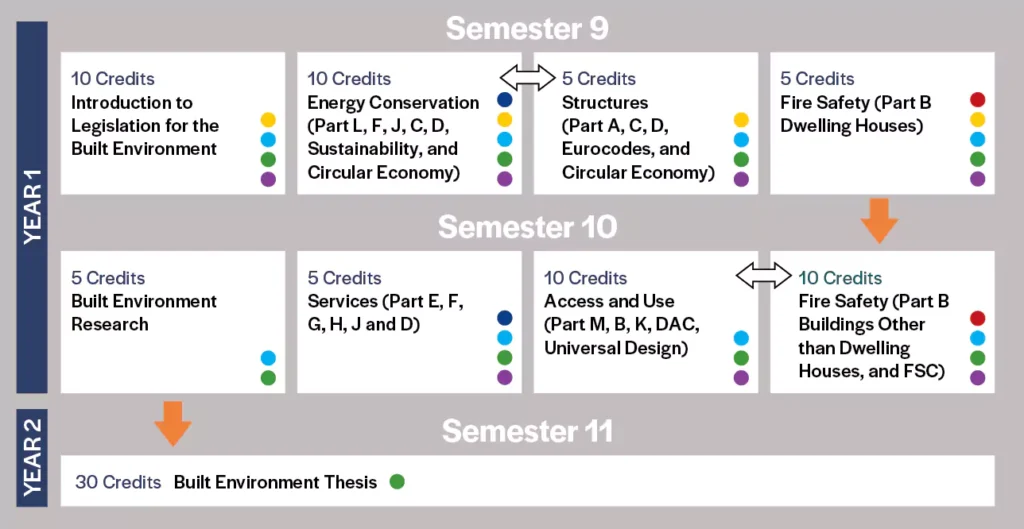
Image description: This is an image of the full time (18 months) MSc Built Environment Regulation learning pathway for a September cohort of students. It uses the identifying colours from the legend to outline the full-time learning pathway on this course for 12 embedded programmes including 7 micro-credentials. Year 1 Semester 9 contains four modules as follows: Introduction to Legislation for the Built Environment (10 credits); Energy Conservation (Part L, F, J, C, D, Sustainability, and Circular Economy) (10 credits); Structures (Part A, C, D, Eurocodes, and Circular Economy) (5 credits); Fire Safety (Part B Dwelling Houses) (5 credits). Year 1 Semester 10 contains four modules as follows: Built Environment Research (5 credits); Services (Part E, F, G, H, J and D) (5 credits); Access and Use (Part M, B, J, DAC, Universal Design) (10 credits); Fire Safety (Part B Buildings other than Dwelling Houses, and FSC) (10 credits). Year 2 Semester 11 contains one module as follows: Built Environment Thesis (30 credits).
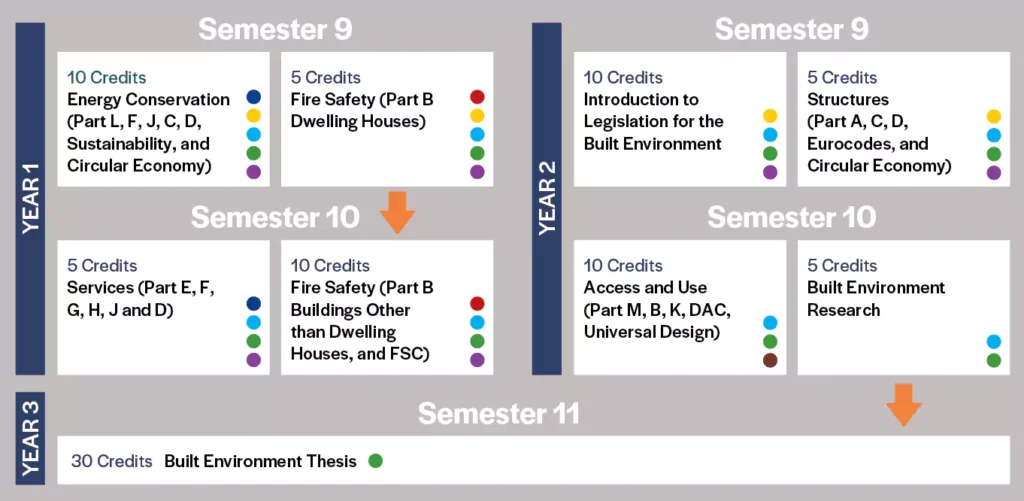
Image description: This is an image of the part time (30 months) MSc Built Environment Regulation learning pathway for a September cohort of students. It uses the identifying colours from the legend to outline the part-time learning pathway on this course for 12 embedded programmes including 7 micro-credentials. Year 1 Semester 9 contains two modules as follows: Energy Conservation (Part L, F, J, C, D, Sustainability, and Circular Economy) (10 credits); Fire Safety (Part B Dwelling Houses) (5 credits). Year 1 Semester 10 contains two modules as follows: Services (Part E, F, G, H, J and D) (5 credits); Fire Safety (Part B Buildings other than Dwelling Houses, and FSC) (10 credits). Year 2 Semester 9 contains two modules as follows: Introduction to Legislation for the Built Environment (10 credits); Structures (Part A, C, D, Eurocodes, and Circular Economy) (5 credits). Year 2 Semester 10 contains two modules as follows: Built Environment Research (5 credits); Access and Use (Part M, B, J, DAC, Universal Design) (10 credits). Year 3 Semester 11 contains one module as follows: Built Environment Thesis (30 credits).
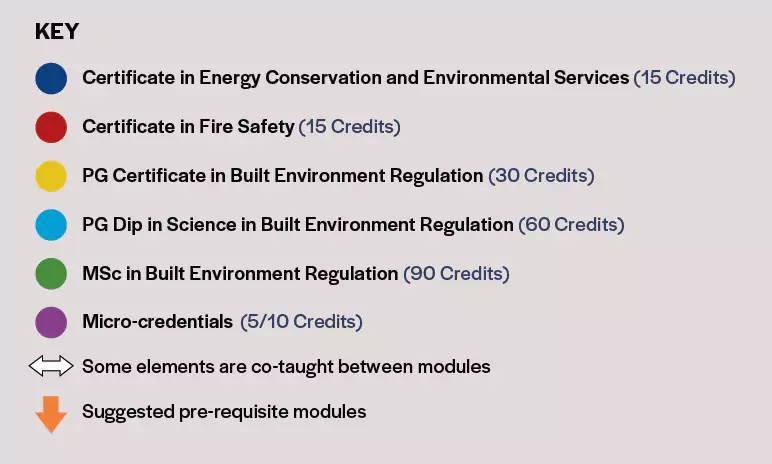
Image description: This is an image of a legend identifying in different colours the 12 programme learning pathways on the MSc Built Environment Regulation. It identifies the following courses: Certificate in Energy Conservation and Environmental Services (15 Credits); Certificate in Fire Safety (15 Credits); PG Certificate in Built Environment Regulation (30 Credits); PG Dip in Science in Built Environment Regulation (60 Credits); MSc in Built Environment Regulation (90 Credits); Micro-credentials (5/10 Credits). It also indicates where some elements are taught between modules and suggested pre-requisite modules.
Recommended Study Hours per week
Examination and Assessment
On-Campus Attendance Requirement
Note: Check programme Examination and Assessment requirements, as they may involve examinations to be taken on campus.
Progression
This Certificate is offered as a stand alone Certificate as well as an embedded minor award in the MSc in Built Environment Regulation, and the Post Graduate Diploma in Science in the Built Environment Regulation.
Download a prospectus
Entry Requirements
Candidates must hold a cognate Level 8 Bachelor (Honours) degree with a minimum grade classification of H2.2 or equivalent, in an appropriate Built Environment undergraduate programme or equivalent. Candidates who do not meet the H2.2 performance standard in a Level 8 award will be required to pass a qualifying assignment at an H2.2 performance standard as established by the Programme Board for the programme in question and as approved by the Registrar.
In accordance with ATU policy recognition of prior learning can be used to gain access to or exemption from this programme. ATU is committed to the principles of transparency, equity, and fairness in recognition of prior learning (RPL) and to the principle of valuing all learning regardless of the mode or place of its acquisition. Recognition of Prior Learning may be used to:
Gain access or advanced entry to a programme at Stage 2 or higher, subject to available places. (Stage 1 entry through CAO)
Gain credits and exemptions from programme modules after admission
In award years RPL will be considered, to a 50% maximum (30 credits)
Academic Code of Practice No. 6 outlines the policies and procedures for the Recognition of Prior Learning. Guidance for applicants is provided on myexperience.ie .The programme board will be expecting mapping equivalencies to the QQI Awards standard at Level 8.
English Language Requirements will be as determined by ATU and as published in the Access, Transfer and Progression code. Further details on English language requirements are available here
Fees
Total Fees EU: €1000
DASBE students pay €375. These programmes have been developed with support from the HCI 3 funded DASBE project (see dasbe.ie). The DASBE funding support will be reviewed annually and will run until 2025.
Further information on feesCareers
There are employment opportunities for building regulation practitioners as specialists within their broader discipline areas of Architecture, Architectural Technology, Building Surveying, Consultancy, Consultant Engineering, Civil Engineering, Building Engineering, Building Services Engineering, Quality Engineering, Building Control Engineering, Local Authority Engineering, and Construction Management, to name a few.
By completing this programme, further employment opportunities may present in the much sought-after areas of specialist Building Regulation Engineers, Building Control Engineers, Quality Engineers, Local Authority Engineers, Designers, Builders, Assigned Certifiers and/or Ancillary Certifiers, the roles of each being defined in the Built Environment Regulations and Legislation, and also depending on each candidates’ primary undergraduate degree qualification, their professional body membership and their practice experience in the construction industry.
By completing this programme, it may facilitate partial progression routes into these roles. This qualification and sub-sets thereof will help to meet annual Continuing Professional Development requirements, and to align with professional body requirements. This programme may facilitate employment opportunities in the broad area of Building Regulations and Building Control in the private and public sector, in local authority, and on site in the construction sector.
Further Information
Who Should Apply?
This programme is designed for a multidisciplinary cohort across the built environment disciplines such as Architecture, Engineering, Building Surveying, Architectural Technology, and Construction Management, among others. The programme aims to address current building regulation requirements for nearly zero energy buildings and retrofit of existing housing stock. This is an area of upskilling which is in demand in the construction industry.
Application Closing Date
Start Date
Contact Information
Department of Building and Civil Engineering
Irene Hayden
Lecturer
T: +353 91 742 109
E: irene.hayden@atu.ie
Online Student Advisor
Eileen O’Hara
T:+353 91 742274
E: eileen.ohara@atu.ie
Building & Civil Engineering


